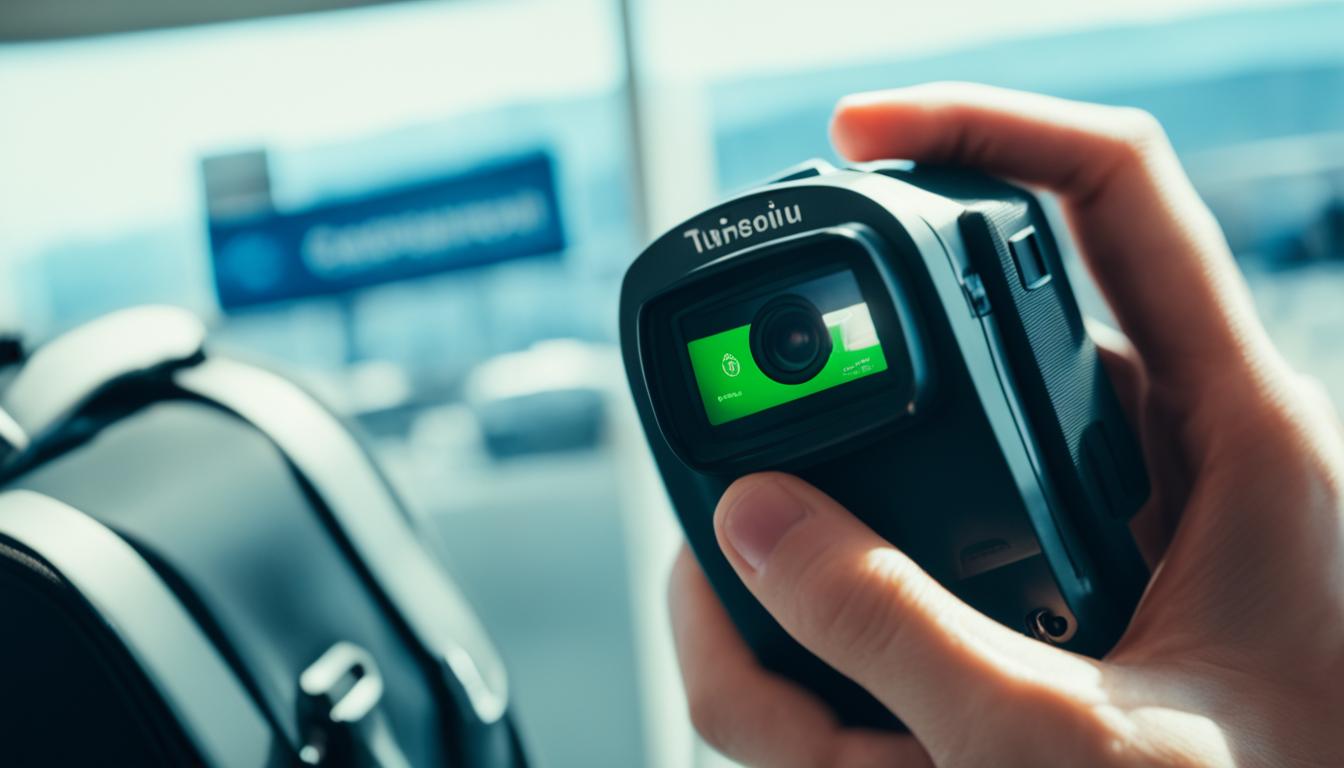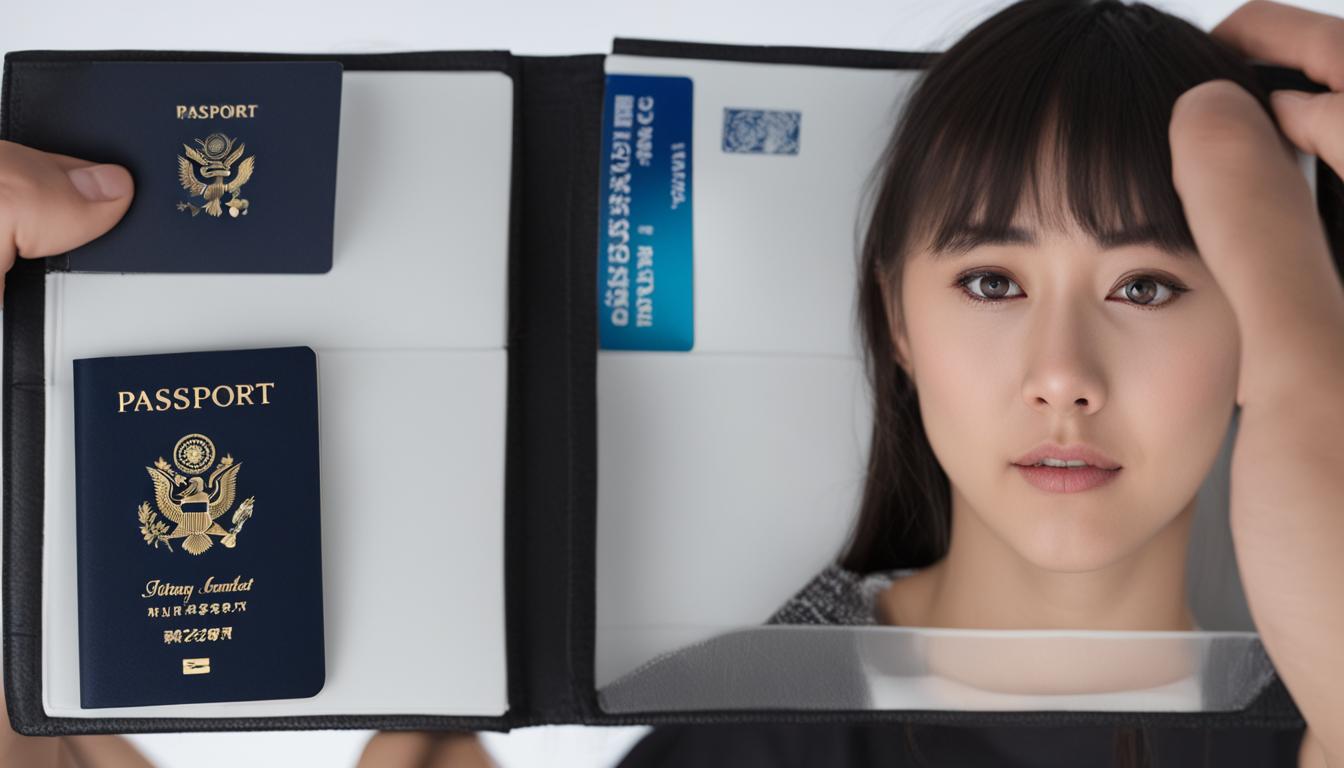
When it comes to airports and your bail status, there are some important things to know before you plan your travel. While airports do not have direct access to legal records, including information on a person’s bail status, there are certain ways airport authorities can find out if you’re on bail.
To determine your bail status, airport authorities would need to obtain permission and look into your court background. This means that airports cannot simply check your bail status upon arrival or departure. However, if there is a reason to suspect that you may be a flight risk or have pending legal issues, airport authorities may take certain steps to gather information.
For instance, airport authorities can be informed about individuals on the “Do not Fly” list, which includes individuals with pending legal cases or warrants. They can also subpoena the bail records of certain passengers if there is probable cause. Additionally, airport officials can access bail information through court agents, probation officers, customs officers, and border control personnel. Systems like APIS (Advance Passenger Information System) and PNR (Passenger Name Record) can also notify airport officials about individuals awaiting trial.
It is important to note that traveling on bail may come with certain restrictions and additional security checks. While airports do not have direct access to statewide bail or warrant databases, certain individuals may be flagged for extra scrutiny through random selection or specific indicators. This could involve advanced imaging scans and thorough pat-downs.
If you are planning to travel on bail, it is crucial to be aware of the regulations and conditions set forth by the court. Make sure to obtain court permission to travel and carry the necessary paperwork with you. Be prepared for extra security procedures and allot sufficient time for getting through airport security. By understanding the limitations and following the required protocols, you can navigate airport security smoothly even while on bail.
How Do Airports Determine Bail Status?
In certain situations, airports may come to know if a person is on bail. Airport authorities have various means to obtain information about a passenger’s bail status. Let’s explore some of the methods that airport authorities use to determine the bail status of individuals.
- The “Do not Fly” list: Airport authorities can be informed about individuals who are on the “Do not Fly” list. This list is maintained by relevant law enforcement agencies and is designed to prevent specific individuals from boarding flights.
- Subpoenaing bail records: In cases where there is probable cause, airport authorities have the ability to subpoena the bail records of certain passengers. This allows them to gather relevant information that can help determine an individual’s bail status.
- Bail history investigation: Airport authorities can also request bail history records for suspicious fliers. This includes examining the person’s previous bail records and any related court proceedings.
- Collaboration with court agents, probation officers, and law enforcement: Airport authorities can work together with court agents, probation officers, customs officers, and border control personnel to access information on a passenger’s bail status. These collaborations involve sharing relevant data and intelligence to ensure the safety and security of air travel.
- Advanced Passenger Information Systems (APIS) and Passenger Name Record (PNR) systems: The APIS and PNR systems play a crucial role in sharing travel-related information with airport authorities. These systems enable the exchange of data, including details about individuals who are awaiting trial or have travel alerts associated with their profiles.
It is important to note that these measures are in place to ensure the safety and security of air travel. While airport authorities have access to certain information regarding bail status, it is essential to respect privacy laws and regulations. Access to this information is typically limited to authorized personnel, such as TSA agents, who may access it when necessary for security purposes.
In the next section, we will explore what individuals on bail need to know when traveling and what precautions they should take to navigate airport security smoothly.
Traveling on Bail: What You Need to Know
When you find yourself traveling on bail, it’s important to understand the procedures and regulations that come with navigating airport security. While airports do not have direct access to statewide bail or warrant databases, certain individuals may be subjected to additional security checks due to random selection or specific indicators.
These extra security checks can include advanced imaging scans and thorough pat-downs to ensure the safety of all passengers. To ensure a smooth travel experience, it’s crucial to be prepared and allow enough time for these checks. Consider allotting extra time for security procedures to avoid any unnecessary stress or delays.
Furthermore, when traveling on bail, it is essential to bring necessary paperwork showing court permission for you to travel. This documentation serves as proof that you have the legal authorization to be on a plane. Adhering to your bail conditions, as set forth by the court, is of utmost importance to avoid any complications during your journey.
Remember to stay informed about any travel restrictions that may apply to your bail, as authorities may impose certain limitations on your movements. By educating yourself about the requirements and following proper protocols, you can travel on bail with confidence, effectively navigating airport security.






